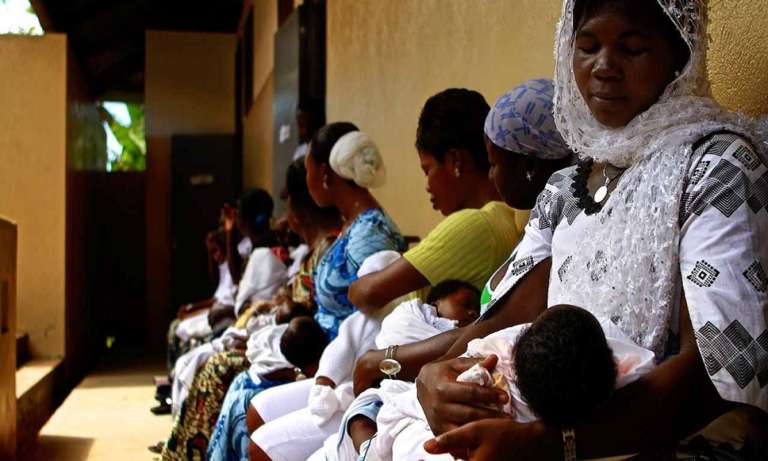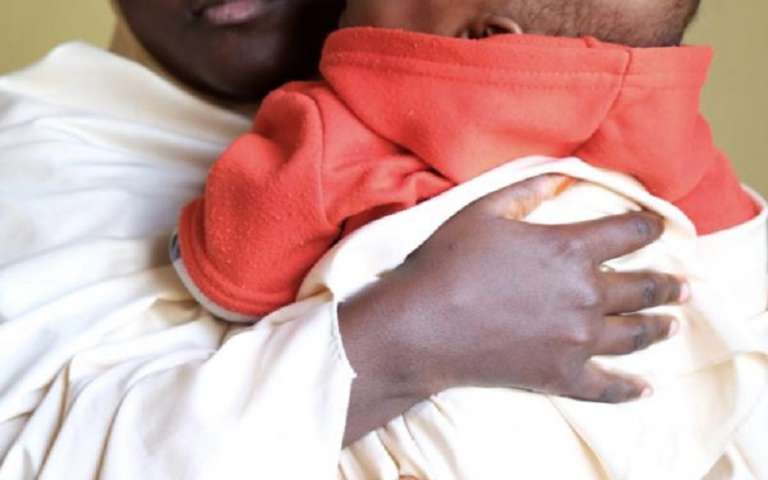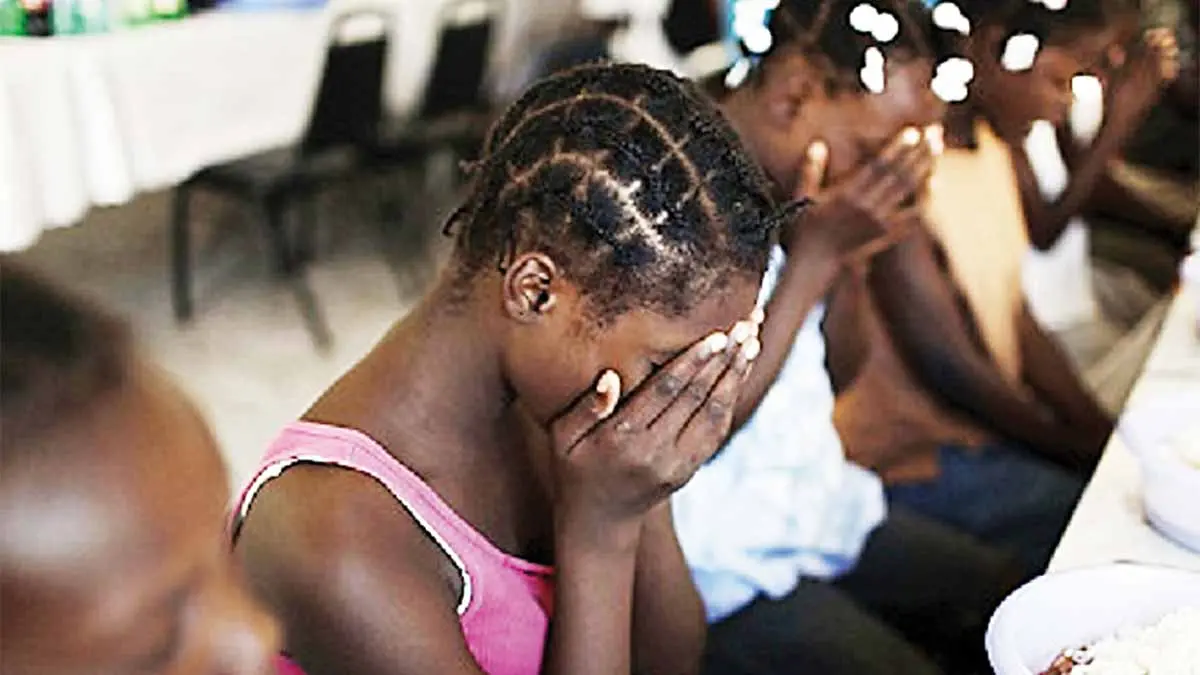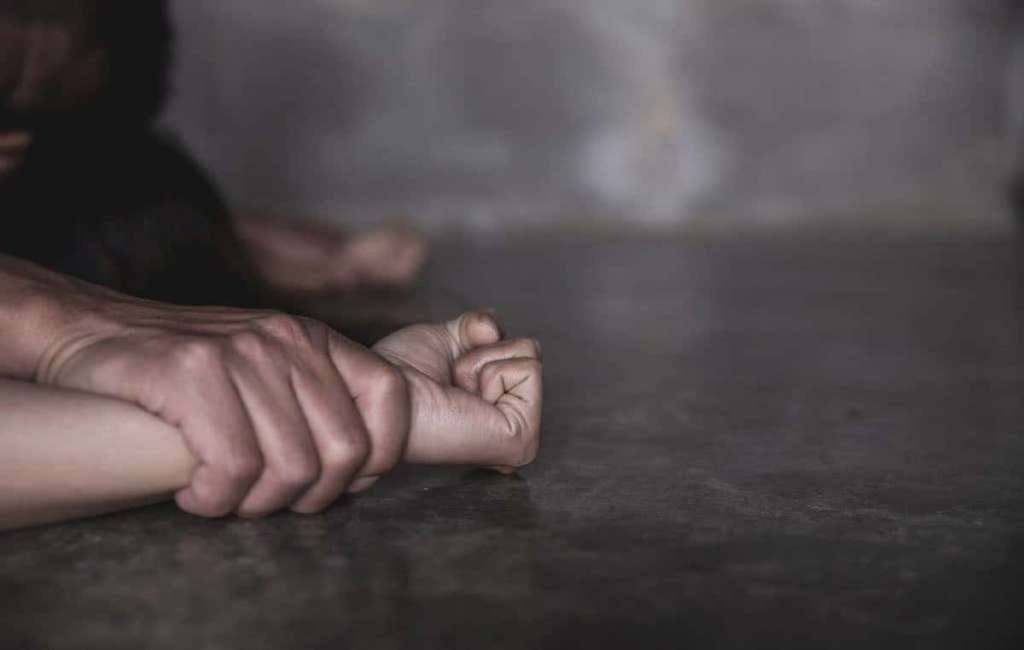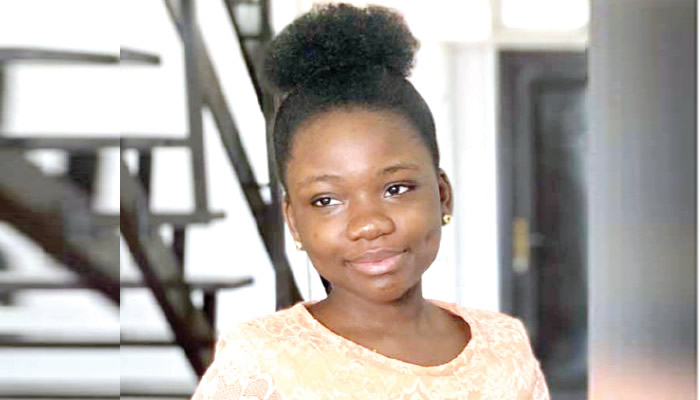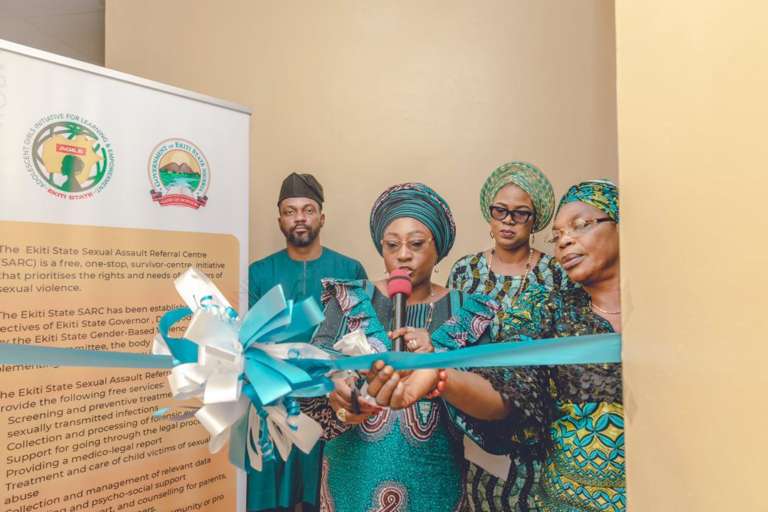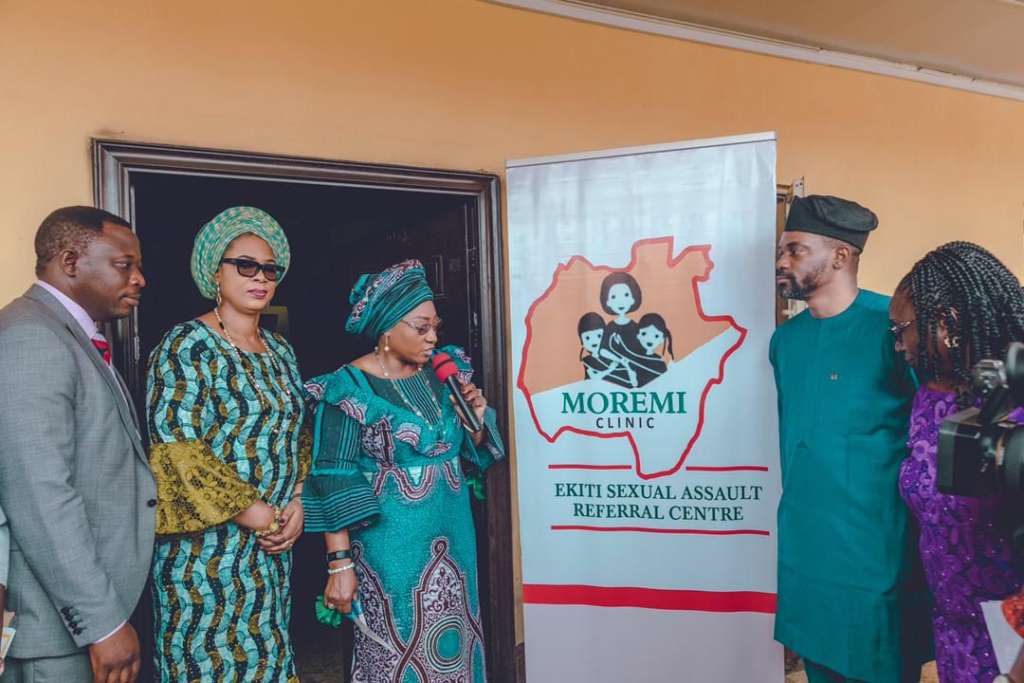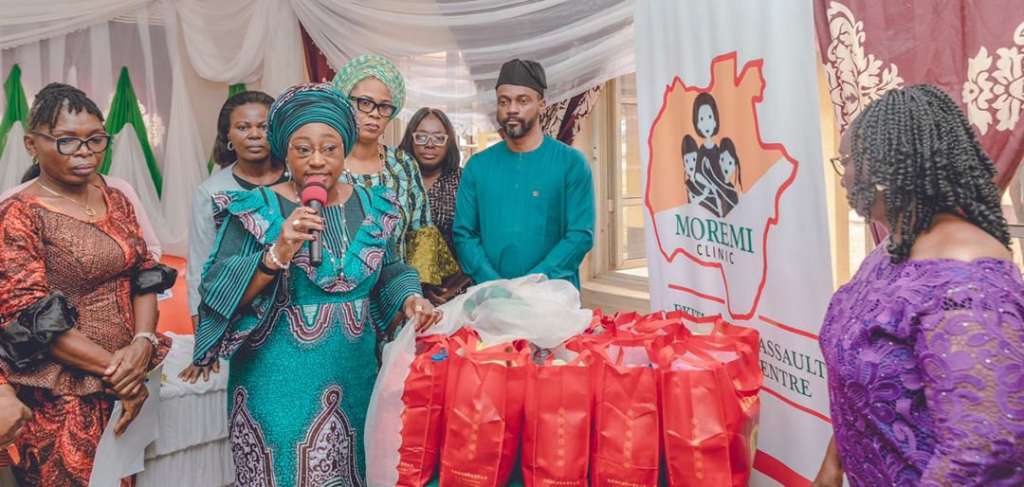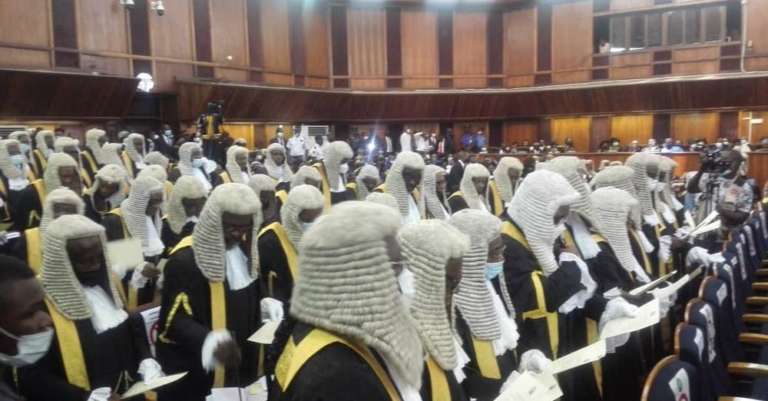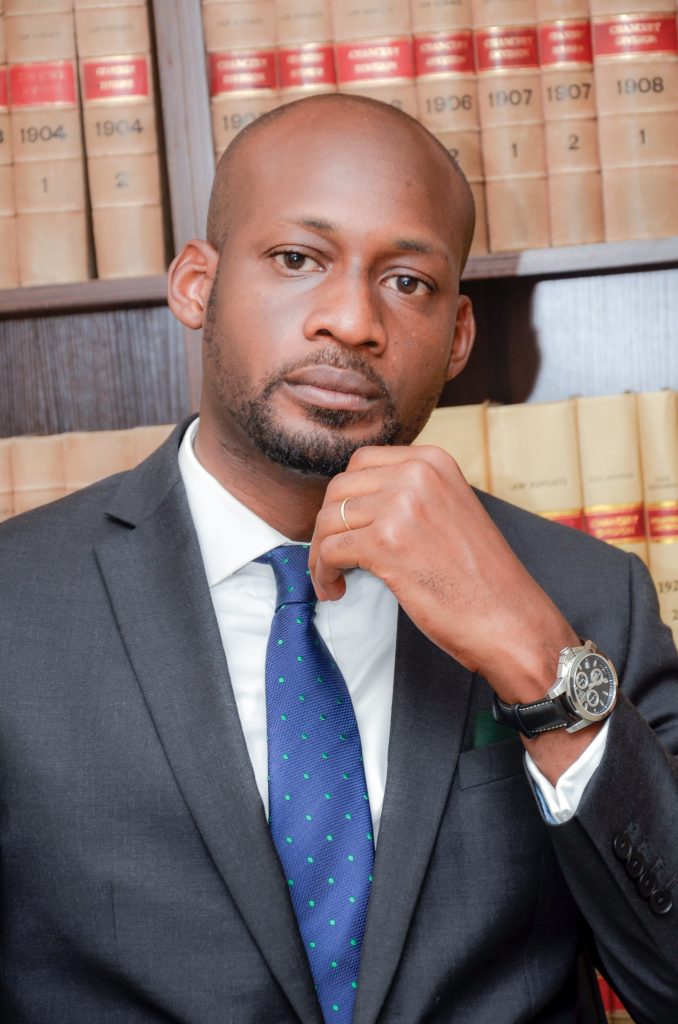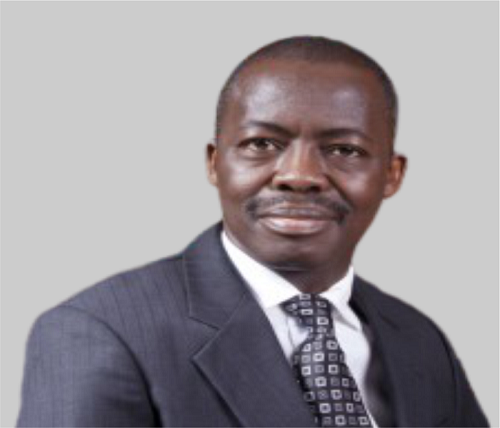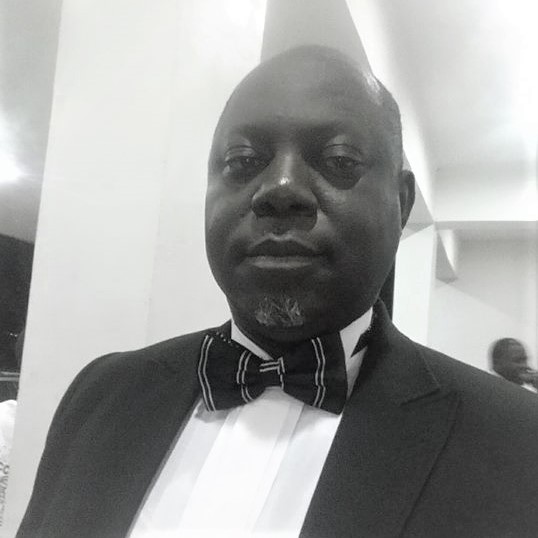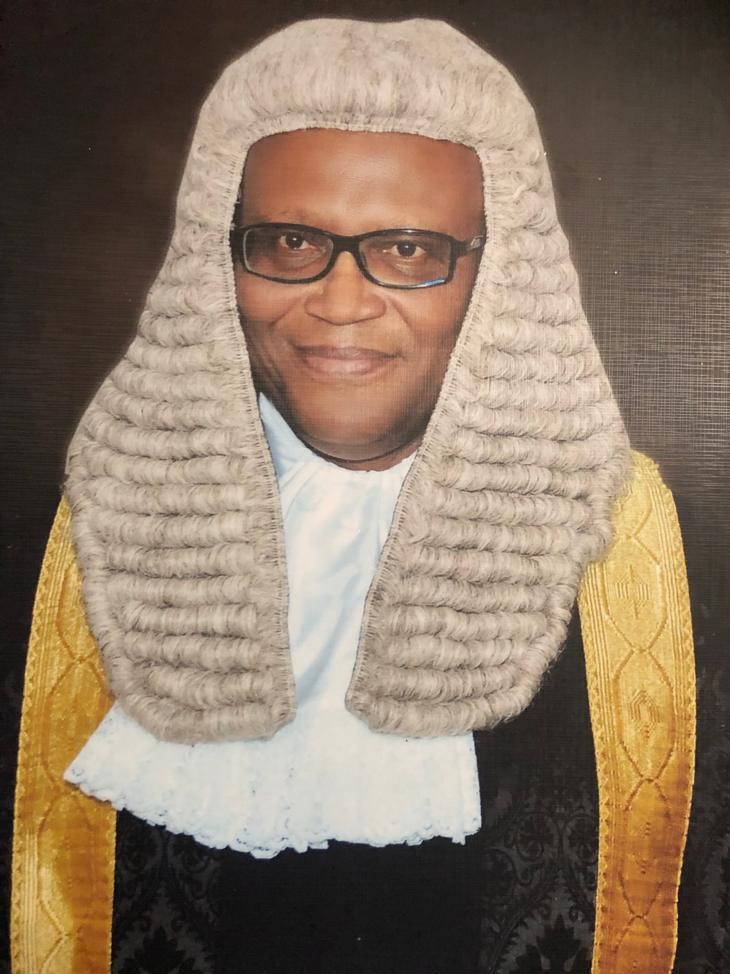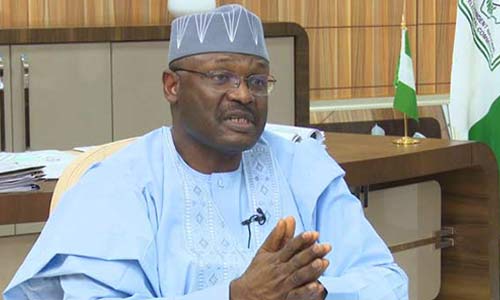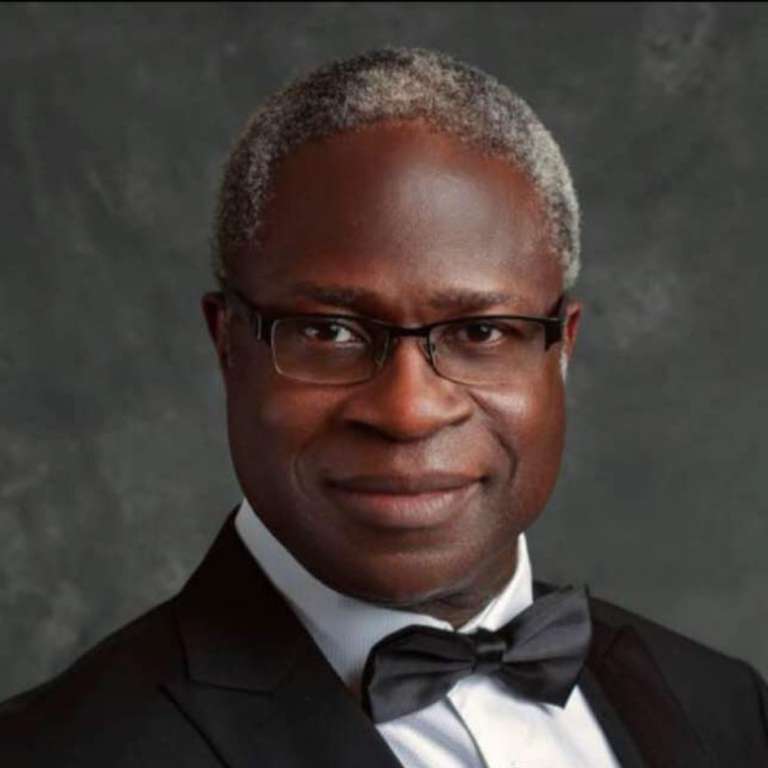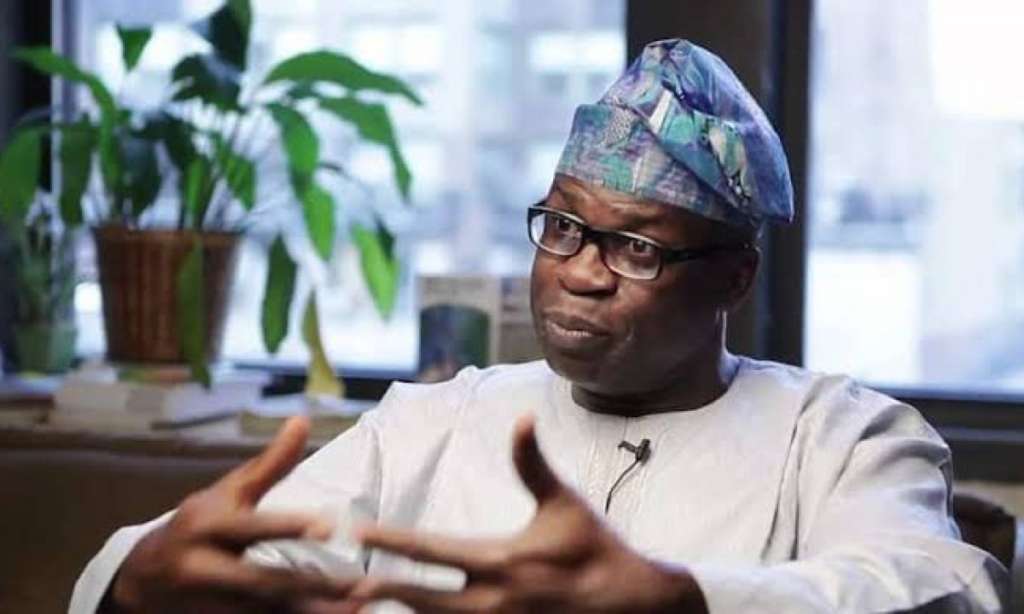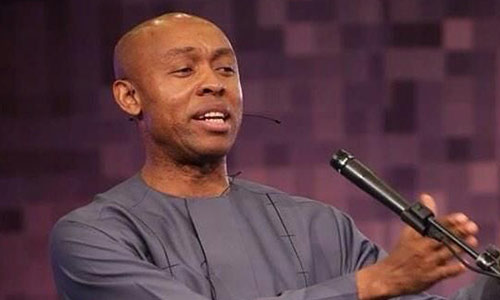By Lillian Okenwa
Early that Wednesday morning in March 2022, bandits simultaneously invaded Guni and Kurgbaku communities, forcing the residents to flee. A few hours later. Not less than 20 people, including women and children, drowned in Niger state’s Guni-Zumba River while trying to escape bandits’ attacks on their communities.
The victims were reportedly crossing the river to Zumba and Gwada internally displaced persons’ camps by boat when the small local vessel which was filled above its capacity capsized midway into their journey. Guni and Kurgbaku communities are both in Munya LGA of Niger State. Niger state as well as other northern states including President Muhammadu Buhari’s Katsina State have become playpens for bandits. They come, go and operate unhindered.
Citizens in these states have resorted to negotiations with terrorists, which include payment of huge levies, free labour and other offers to be allowed access to their farmlands.
Recently, a group of armed bandits on a ‘patrol’ on their motorcycles reportedly ‘arrested’ a scavenger, for stealing in Katsina State and handed him over to the authorities. He was reported to have specialised in uprooting metal rods and removing iron bars, from deserted buildings. In a video obtained by PRNigeria the bandit-terrorists were seen parading the scavenger and his stolen metal rods inside a cart before handing him over to a community leader in the state.
The bandits were shown saying to the scavenger, “Don’t you know that it is a criminal offence to steal? You are lucky that we are handing you over to the authorities; we could have executed for engaging in criminal activities.” The terrorists, who were wielding sophisticated weapons, told the community leader to ensure the “scavenger-thief” was dealt with according to the law to deter others from stealing.
Then weeks after the convoy of President Muhammadu Buhari was attacked in Katsina State, terrorists threatened to abduct the number one citizen. The attack on the convoy happened on the day the Islamic State in West Africa Province (ISWAP) invaded Kuje Prison in Abuja and freed over 800 inmates, including all the terrorists in detention.
A year before —on 24 August 2021 — the rampaging bandits successfully attacked the Nigerian Defence Academy (NDA), Kaduna killing two officers, and injuring one other, while Christopher Datong was abducted. Again, on the morning of 28 Mar 2022, heavily armed men attacked the airport in Kaduna, killing a security guard and temporarily halting air services. The incident delayed the take-off of a Lagos-bound flight by almost 44 minutes.
Curiously, the scenario is different in the South East where the full might of the Nigerian Army and other security operatives is openly displayed. PREMIUM TIMES reports that many unarmed residents in the South-east of Nigeria have been killed by Nigerian troops deployed to check Biafra agitation in the region. Below is the report by PREMIUM TIMES.
On 30 August, for instance, three unarmed residents were killed when troops from 82 Division and 34 Brigade of the Nigerian Army invaded Orsu-Ihiteukwa, a community in Orsu Local Government Area of Imo State, south-east Nigeria. Army spokesperson Onyema Nwachukwu would later claim that those killed were IPOB members.
Two of the victims, Ugochukwu Obianeli and Nonso Izuegbu, were killed while they were moulding cement blocks in the community, PREMIUM TIMES gathered.
One other victim, Nicholas Onwughala, an elderly man, was shot in his legs by the troops at Eke Ututu Market in the community, according to sources in the community. He died the following morning, 31 August, because of complications from gunshot injuries.
Like in other previous incidents, the troops carried out the attacks as part of an onslaught against suspected members of IPOB.
“Each time the troops come, they carry out shootings. And most times, they end up killing some innocent people, during shooting with the supposed ESN boys,” Chidi Ibekaeme, a resident of Orsu-Ihiteukwa community, told PREMIUM TIMES.
He said there had been no attack in the community until the troops began raiding suspected camps of the IPOB members in December 2021.
“I know of the three persons (killed by the troops on 31 August). Incidentally, one of them, Ugochukwu Obianeli, is my brother-in-law,” Mr. Ibekaeme, a lawyer, said.
“We are living in fear. Each time we hear information that they are coming, we run away.”
Another resident of the community, Friday Nwajuo, narrated to PREMIUM TIMES how the troops killed two of the victims and labelled them IPOB members.
“We ran when we heard the army people were coming,” Mr. Nwajuo began.
“Within 20 minutes, the soldiers came and started shooting. So, the two boys, who were labourers in a block industry, ran away for safety. All of a sudden, they stopped shooting.
“When they (the two victims) came out, they thought the soldiers had left. So, the soldiers saw them and shot them dead, thinking they were ESN members,” he narrated.
Again, on 17 September, exactly 18 days after, the Orsu-Ihiteukwa community in Orsu Council Area of Imo State and Orsumugho, another community in Ihiala Local Government Area of Anambra State, were invaded by the troops, killing two unarmed residents and razing shops. Both communities share boundaries.
The troops were said to have invaded Orsu-Ihiteukwa again at about 4 a.m., with many combatant vans, armoured tankers, and military helicopters.
Residents said the troops were firing shots and detonating bombs, while the helicopters hovered over the communities.
The shootings and bombardments were said to have disrupted a burial ceremony, causing guests to run inside bushes for safety.
PREMIUM TIMES gathered that the operation was carried out in collaboration with members of Ebubeagu, a security outfit backed by the Imo State Government.
A resident, Ifeanyichukwu Edurumba, 23, was said to have been whisked away from his house at about 12 p.m. and dragged to the market in Orsu-Ihiteukwa where he was allegedly killed by the troops.
His uncle’s wife, Ifeoma Onyebuchi, who was staying with him, narrated to PREMIUM TIMES what happened.
“We were inside the house when we heard that army people were coming to the community. So, he (Edurumba) left his poultry farm and ran inside for safety. While we were inside, some people came and knocked on our door. They were a mixture of army people and Ebubeagu members, all in their uniforms.
“They ordered us to open the door when I asked who they were. They quickly broke the door and gained entry. The boy (Edurumba) ran under the bed with some children.
“One of them told us that if we don’t bring the boy, they will kill all of us. I told them the boy is an orphan and the only son of his late parents and that he is a poultry farmer and also an iron bender. I told them he didn’t do anything wrong.
“While I was talking, they went inside the room and dragged the boy out and took him away. They checked the boy’s poultry when they heard his chickens clucking. They later took the boy to Eke-Ututu Market and killed him,” she said.
‘They killed another boy’
Another resident, who said he witnessed the troops’ invasion, spoke with PREMIUM TIMES the following day, 18 September.
“They also killed one (other) boy in Orsumoghu, a neighbouring community here. I don’t know his name yet,” he said.
The man said he came face-to-face with the troops, while he was going to the market to buy an item, but that he hid from them for fear of being killed.
“They were burning houses and stalls. They used some hammers to break shops and took whatever they liked, such as beverages, and then set the shops ablaze.
“Whenever they (troops) come, they kill whoever they see, burn houses. If you come to this village now, everybody is crying. They have reduced us to rubble,” he said.
The troops, according to him, razed over 30 shops.
He said it is disheartening that the Nigerian government would claim to be protecting lives and property, but turned around to order security agencies to kill residents and destroy their sources of livelihood.
Video clips which captured burning shops and motorcycles were circulated on different WhatsApp groups. In one of the clips, a victim, Anselem Ohaachosi, whose shop was said to have been burnt down, lamented the frequent invasion of the community by troops.
“Yesterday, 17th of September 2022, a gang of Nigerian soldiers came to Eke-Ututu, Orsu-Ihiteukwa, destroyed peoples’ shops, properties (and) lives. They set my shop ablaze,” he said.
Mr. Ohaachosi used to sell phones and phone accessories. He said all the items in the shop had been destroyed by the troops. He said he went into the sales of phones because he could not find a job after graduating from Imo State University.
“Look at how they rendered me useless in Orsu-Ihiteukwa. The cost of what they damaged here is nothing less than N10 million. How can I start life afresh?”
Mr. Ohaachosi said the troops were shouting, “Say no to IPOB” during the raid.
“Am I an IPOB member? Did they see any mark on me? I graduated from Imo State University and I am also a holder of a post-graduate diploma in education. I am an educationist. They have to pay for all these,” Mr Ohaachosi said.
Another clip showed helicopters hovering in the sky.
In another clip, apparently shot the following day, 18 September, people, whose shops were not affected during the operation, were seen hurriedly packing their goods out of the shops.
The invasion of the two South-east communities by the troops has attracted condemnations. The military did not comment on the incident.
More extrajudicial killings
A report by the International Society for Civil Liberties and Rules of Law revealed that between July and August, the military and other law enforcement agencies secretly massacred hundreds of defenceless civilians in Imo, Anambra, and Benue, and tagged them, terrorists.
In the report, released on 2 September, the group said part of their findings showed that the military has been working with armed herdsmen to terrorise the eastern part of the country and Benue State.
Human rights groups kick
Amnesty International Nigeria, like many other rights groups, has repeatedly condemned extra-judicial killings by security agencies in the Southeast.
“Instead of launching proper investigations into these killings, security and government officials are often quick to claim victims were caught up in shoot-outs or simply label them members of the ESN, the armed wing of IPOB,” Osai Ojigho, the director of Amnesty International Nigeria, said in a statement in July.

